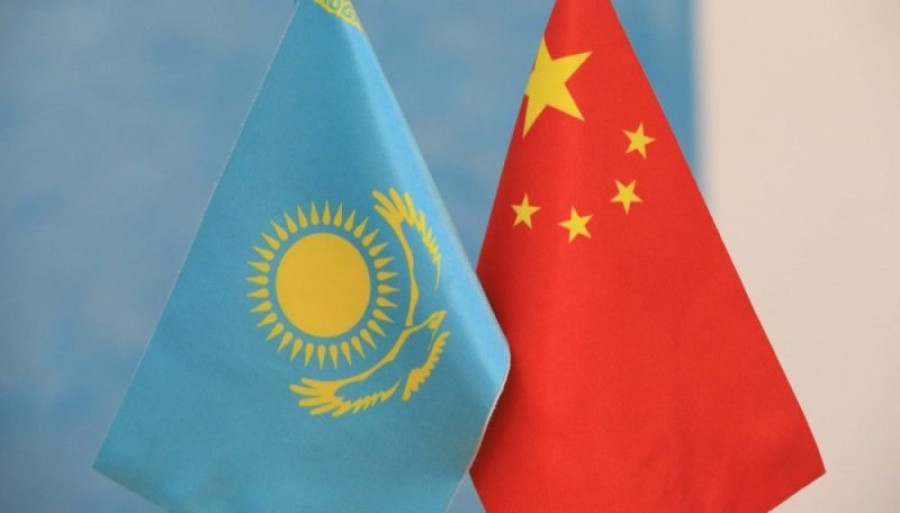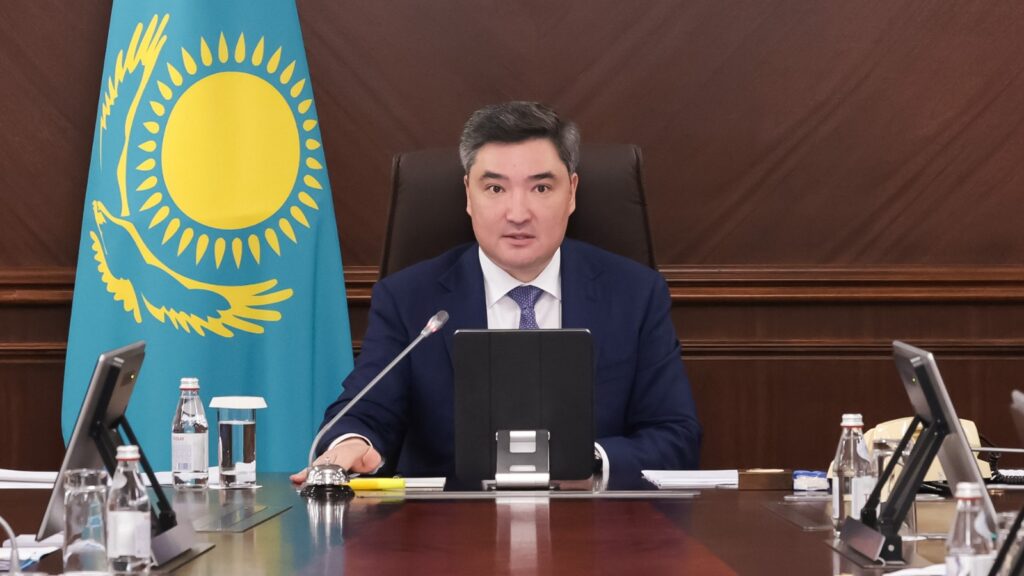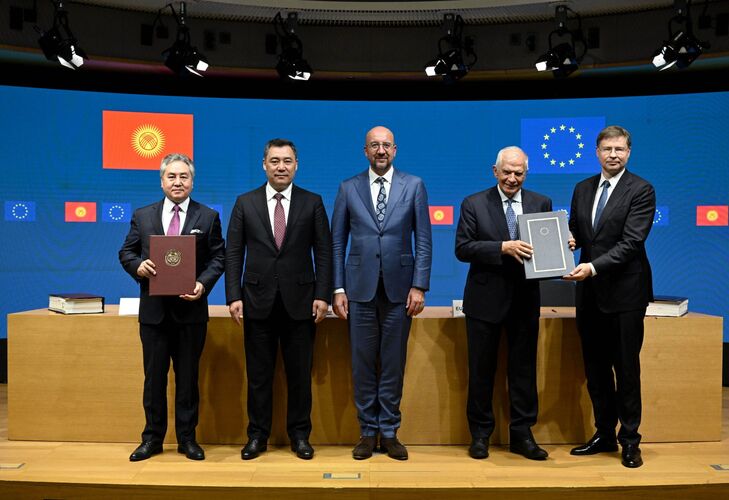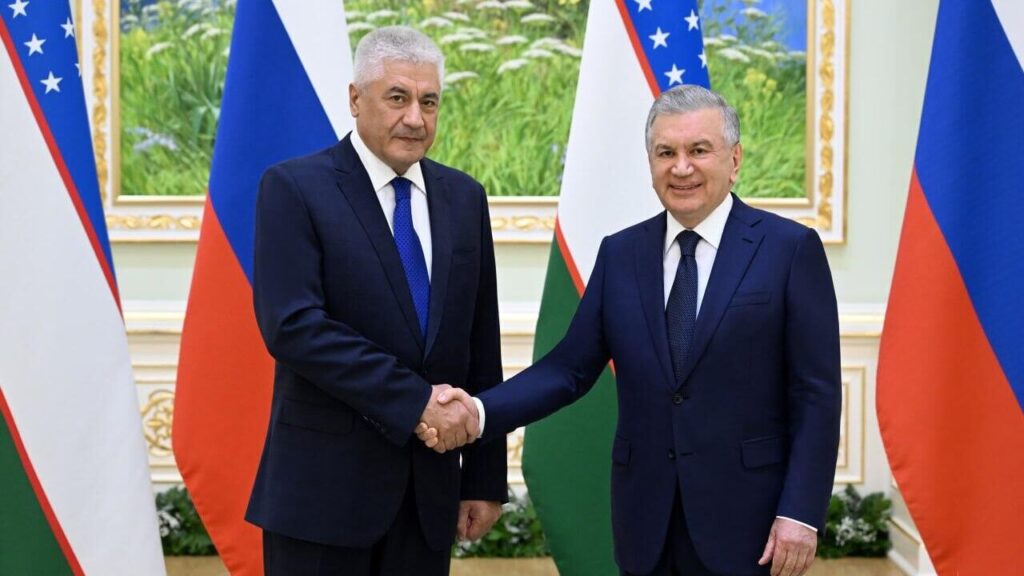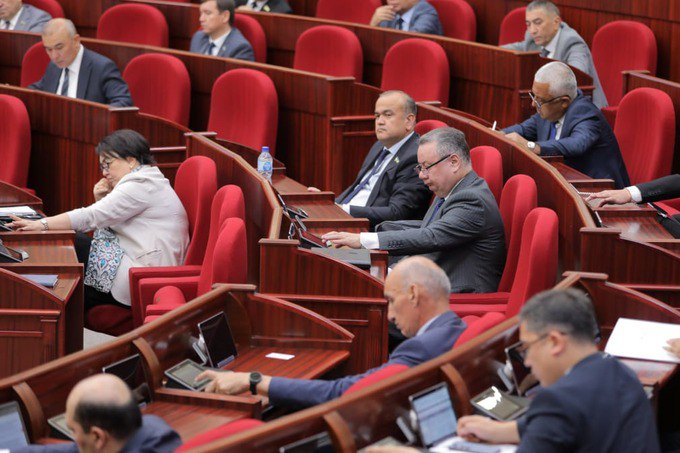Kazakhstan is one of the most active post-Soviet states in building roads. Over the past decade, KZT4 trillion ($8.55 billion) has been spent on highway construction in the country, yet in a world ranking of road quality, Kazakhstan stands 93rd out of 141 countries.
Record year for road construction
The focus of the current road construction season is completing the reconstruction of sections of the main road transport corridors: Karaganda–Balkhash–Almaty, Taldykorgan–Ust-Kamenogorsk, Aktobe–Kandyagash, and Atyrau–Astrakhan.
Overall, the current season is due to be set new records. There are plans to repair, reconstruct and build twelve thousand kilometers of road. Another feature of the work this year is the implementation of a major new program for the “medium repair” of local roads to strengthen them structurally, which is designed to improve transport links between populated areas. This program is set to repair about 2,500 kilometers of road throughout the country.
Betting on tolls
In February, the government announced plans to increase tariffs on federal toll roads. However, the initiative is still under consideration. The current tariffs – KZT 1 per kilometer for passenger vehicles (0.002 US cents) and KZT 5-25 per kilometer for freight vehicles depending on the load capacity and transport class – were approved back in March 2013 for the first toll highway built in the country (Astana-Shchuchinsk). Since then, the tariffs have not changed.
In 2024, there are plans to roll out a toll system on another 2,400 kilometers of federal roads, namely on the sections Kostanay–Troitsk, Aktobe–Russian border (toward the city of Orenburg), Aktau–Beineu, Kyzylorda–Aktobe Region border, Usharal–Dostyk, Kostanay–Denisovka, Makat–Kandyagash, Taraz bypass, Karaganda bypass, Balkhash–Burylbaital, and Shu– Burylbaital.
According to the national company in charge of federal and international roads in Kazakhstan, KazAvtoZhol, the toll system will be introduced only after repair work is completed and the roads fully comply with regulatory requirements. In addition, attention is being paid to transit routes when introducing tolls. This is especially relevant in the context of the government’s plans to develop freight transit through Kazakhstan and make the country a regional transport and logistics hub. Thanks to international transport, including transit, tolls are expected to become a significant contributor to the country’s budget.
Today in Kazakhstan, there are 17 toll road sections with a total length of more than 3,200 kilometers, which, along with the state budget, help finance the maintenance of federal roads. According to the Ministry of Transport, KZT60 billion ($130 million) is required annually to maintain the country’s roads. Internationally, road maintenance is financed by taxes allocated for transport, but this is not enough in Kazakhstan – it is one of the largest countries in the world, but has a low population density, meaning its road infrastructure remains underutilized.
Because of this, historically, road maintenance in the country was financed from the state budget. Overall, the toll system will be gradually introduced on 11,000 kilometers of road by 2029 as reconstruction work is completed. The further rollout of the system, which aims to support year-round maintenance, should reduce the burden on the budget and eventually lead to self-sufficiency within the highway industry.
Meanwhile, car owners resent the introduction of tolls on federal highways. To mitigate this dissatisfaction, incentive measures could be put in place, including a transparent approach to collecting tolls with flexible terms that are agreed by market participants. In particular, the international practice of discounts on travel on highways at different times of the day or on weekdays and weekends for different types of vehicles could be applied. These measures would be welcomed by both motorists and freight carriers. This could also significantly relieve congestion at payment collection points.

Image: gov.kz
Speed and safety are the priority
Building modern highways means not only significantly cutting down travel time, but also improving safety. According to statistics, almost ten times fewer accidents occur on toll roads versus free ones, and there are 20 times fewer injuries or fatalities. Meanwhile, Kazakhstan’s statistics agency reports that the number of traffic accidents on the country’s roads decreased from an average of 23,359 to 15,886 from 2013-23 (excluding 2020 and 2021, when road restrictions were in place due to the pandemic quarantine).
Developing the country’s network of roads will help people travel between populated areas faster, improve their standard of living, boost security, and contribute to the development of regions and whole sectors of the economy. Indeed, the government is betting on roads as the most widespread and popular means for transporting passengers and freight (in particular, transit freight). A high-quality road infrastructure would go a long way towards attracting new freight flows, providing the shortest east-west and north-south land routes, and becoming a significant source of income for the country.


